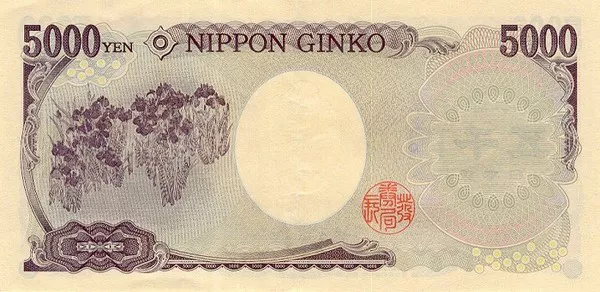During the Asian session on Thursday, EUR/JPY crosses attracted some buying, rebounding from a two-week low around 156.85 touched the previous day. Currently, EUR/JPY is trading just above 157.00, up nearly 0.15% on the day, and now appears to have broken a two-day streak of losses at its highest level since September 2008.
Fresh optimism amid signs of easing U.S.-China trade tensions weakened the safe-haven Japanese yen (JPY), a key factor supporting EUR/JPY crosses. It is worth recalling that the U.S. Department of Commerce’s Bureau of Industry and Security (BIS) announced on Monday that it had removed 27 Chinese entities from its “unverified list.” China welcomed the move, saying it was conducive to normal trade between the two countries. Investor confidence was further boosted by U.S. Commerce Secretary Gina Raimondo’s visit to China from Aug. 27-30 to meet with senior Chinese officials.
In addition to this, the Bank of Japan’s maintenance of its dovish stance was seen as another factor weighing on the yen and acted as a “tailwind” for the EUR/JPY cross. In fact, the Bank of Japan is the only central bank in the world to maintain negative interest rates. In addition, policymakers emphasized that achieving sustainable wage increases is a prerequisite for considering the removal of large-scale monetary stimulus. That said, a slew of manufacturing surveys released on Wednesday pointed to a gloomy picture of the health of the global economy, adding to fears of a recession. This in turn may discourage traders from placing aggressive bearish bets on the yen.
In addition, speculation that the European Central Bank (ECB) will pause its nine consecutive interest rate hikes in September may also further dampen EUR/JPY crosses. Money market futures are now pricing in just a 40% chance of a 25 basis point rate hike from the ECB in September, compared to around 60% before Wednesday’s weak euro zone PMI figures. Germany’s Composite Purchasing Managers’ Index (HCOB Flash German Composite PMI) fell short of expectations, falling to 44.7, the lowest since May 2020, pointing to a deepening economic downturn in the euro zone. Therefore, caution should be exercised before placing bullish bets on EUR/JPY.


